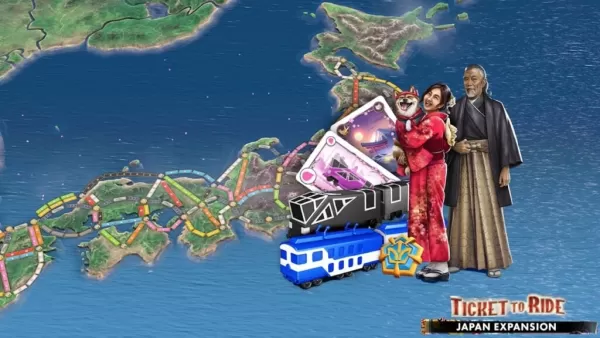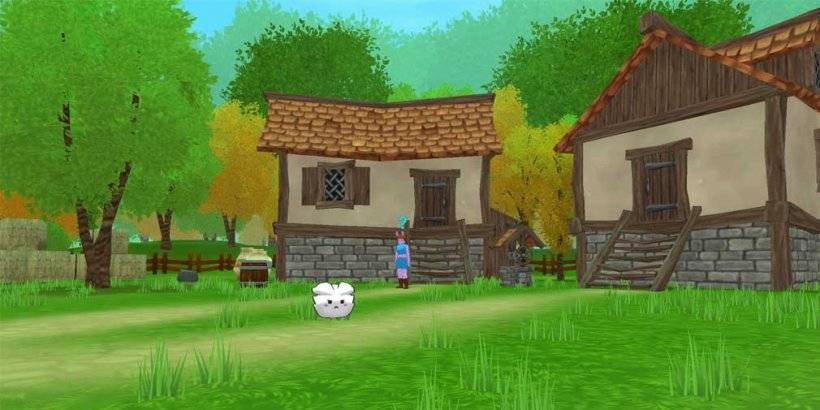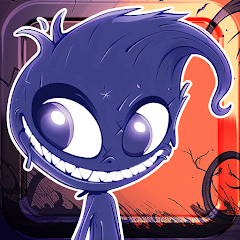With Monster Hunter Wilds breaking Steam records and Resident Evil more popular than ever thanks to Village and a series of stellar remakes, Capcom seems to be on a winning streak. But this wasn't always the case. Just a few years ago, after a string of disappointing releases, Capcom found itself struggling to maintain its position in the gaming industry. It had lost its way and its audience, facing an identity crisis that threatened its future.
Capcom's flagship series, Resident Evil, had drifted from its survival horror roots, especially after the action-focused Resident Evil 4. Meanwhile, Street Fighter stumbled with the release of Street Fighter 5, which failed to meet the expectations set by its predecessor. These setbacks could have spelled the end for Capcom, but instead, they became the catalyst for a remarkable turnaround.
The company's revival began with a fundamental shift in its game development strategy, supported by the introduction of a new, powerful game engine. This change breathed new life into Capcom's beloved franchises, setting the stage for a period of critical and financial success that has propelled Capcom back into the spotlight.
Resident Evil Lost Its Way
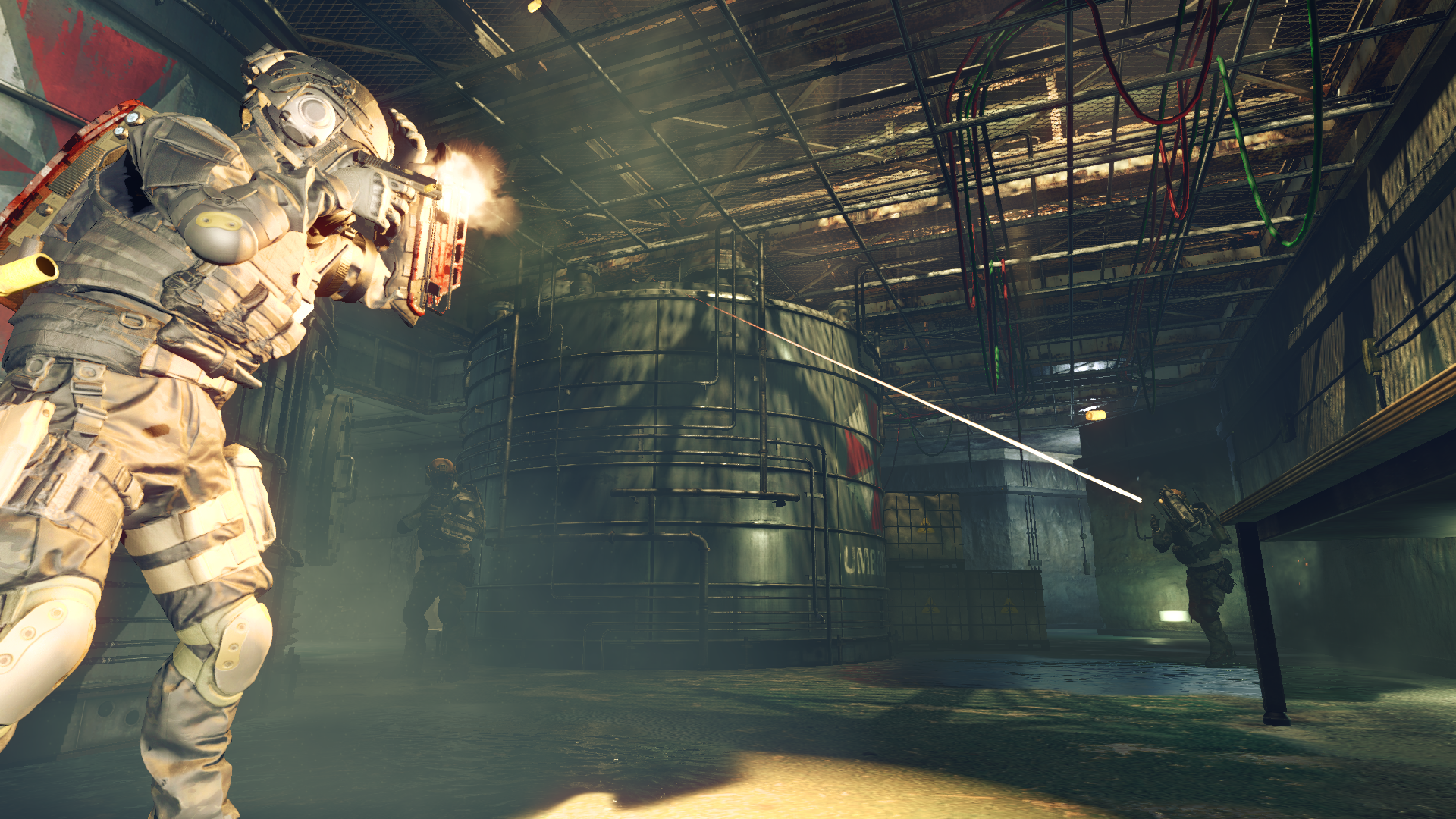
2016 was a challenging year for Capcom. The release of Umbrella Corps, an online co-op shooter, was met with harsh criticism from both reviewers and fans. Street Fighter 5 also fell short, disappointing long-time fans with its lack of content and poor online functionality. Dead Rising 4, featuring the return of Frank West, would be the last new entry in that series.
This period marked a low point for Capcom, which had been struggling since 2010. Mainline Resident Evil games saw diminishing critical acclaim, Street Fighter was faltering, and other key franchises like Devil May Cry were absent. Meanwhile, Monster Hunter was hugely successful in Japan but struggled to break into international markets.
"Many of us started feeling that what the fans and players wanted from the series was getting a little bit separate from what we were making." This sentiment reflects the disconnect Capcom felt with its audience. Since 2017, however, Capcom has been on a roll, releasing a series of hit games from its iconic franchises, including Monster Hunter World, Devil May Cry 5, Street Fighter 6, and several acclaimed remakes and a soft reboot of Resident Evil. This resurgence was not accidental; it required a complete overhaul of Capcom's approach, from targeting different players to adopting new technology.
To understand this transformation, IGN spoke with four leading creatives from Capcom about how the company navigated its way back to success.
Founded in 1979, Capcom initially focused on electronic game machines before rising to prominence in the '80s and '90s with 2D classics like Street Fighter and Mega Man. The company successfully transitioned into 3D gaming with titles like Resident Evil, culminating in the critically acclaimed Resident Evil 4 in 2005.
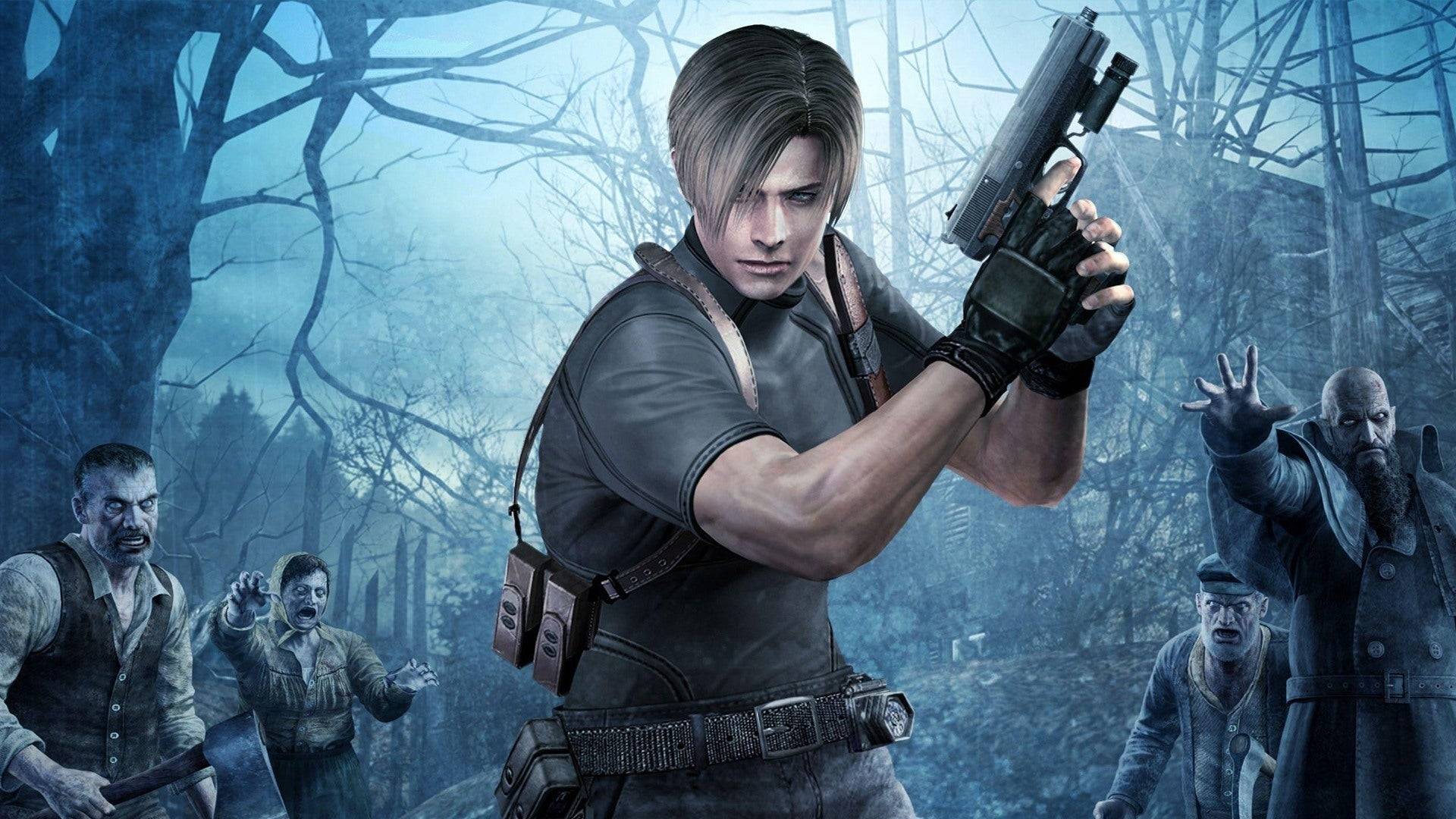
Resident Evil 4 is often hailed as a masterpiece due to its innovative blend of horror and action. However, subsequent games struggled to maintain this balance. Resident Evil 5 leaned more into action, while Resident Evil 6 attempted to cater to both action and horror fans, resulting in a disjointed experience that left many unsatisfied.
This trend of losing focus was not limited to Resident Evil. Street Fighter 4 was a hit, but its sequel, Street Fighter 5, launched with significant issues that alienated fans. Similarly, Devil May Cry saw declining returns, leading Capcom to outsource the next entry, DmC: Devil May Cry, to mixed reception. Other attempts to capture Western audiences, like Lost Planet and Asura's Wrath, also failed to resonate. The only bright spot during this period was Dragon's Dogma, a new RPG from Devil May Cry director Hideaki Itsuno.
Street Fighter 5, The Lost Cause
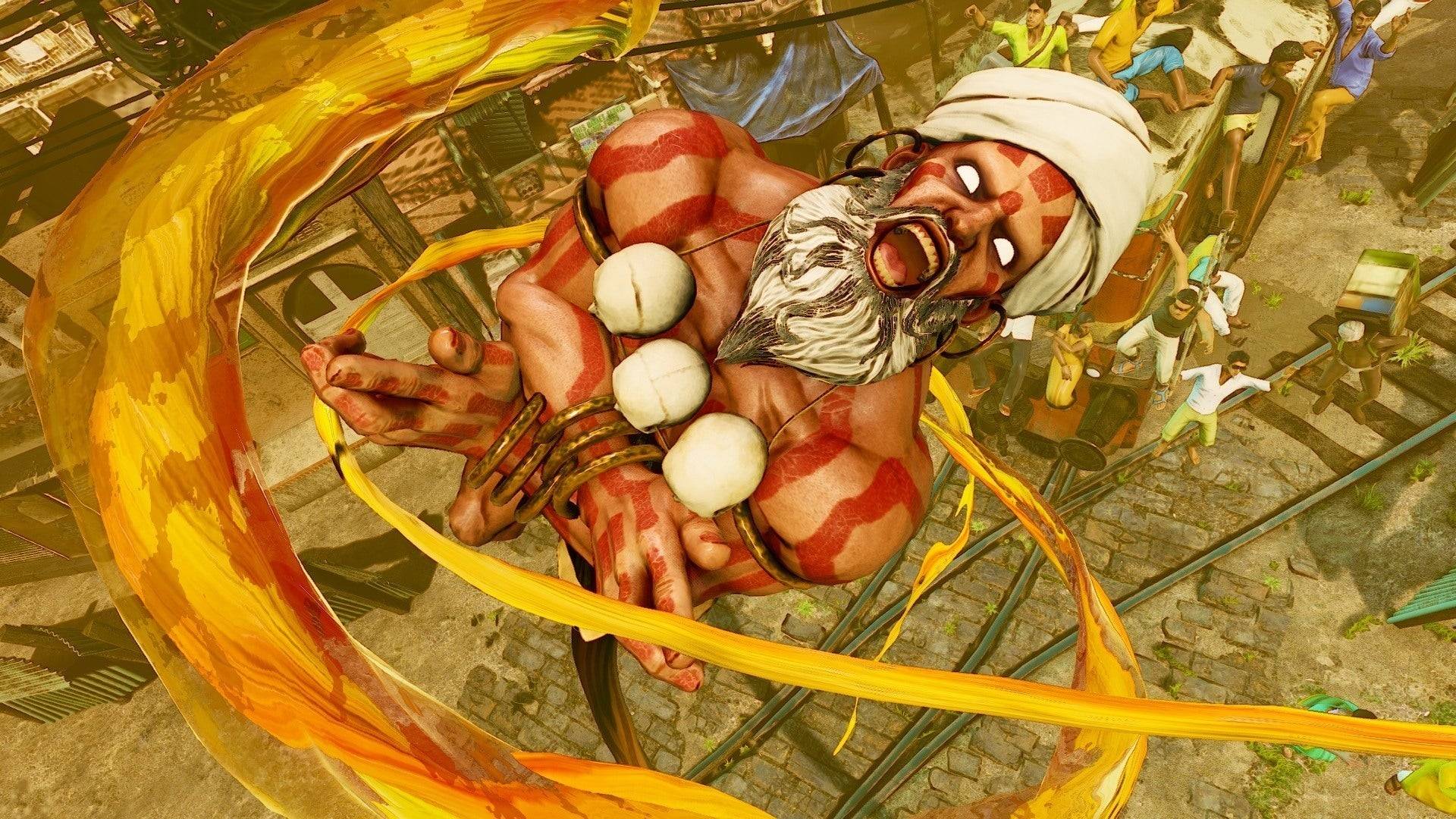
By the mid-2010s, Capcom began implementing changes to reverse its fortunes. One of the first steps was addressing the issues with Street Fighter 5. Directors Takayuki Nakayama and producer Shuhei Matsumoto were tasked with fixing the game and regaining fan trust.
"There definitely were some challenges within the production of the game, and that was part of the reason why I was brought into the team," Nakayama admitted. Despite the constraints, the team made significant improvements, which eventually led to the release of Street Fighter 5: Arcade Edition. This version incorporated updates and new mechanics, such as V-Shift, which were tested and refined to enhance gameplay.
The ultimate goal was to make fighting games fun again. Matsumoto noted, "We both realized that fighting games are fun, and when you get used to them, it becomes more enjoyable and something you can essentially play forever as long as you have an opponent to play against." The lessons learned from Street Fighter 5 were instrumental in the development of Street Fighter 6, which launched to critical acclaim.
Monster Hunter Took Over The World
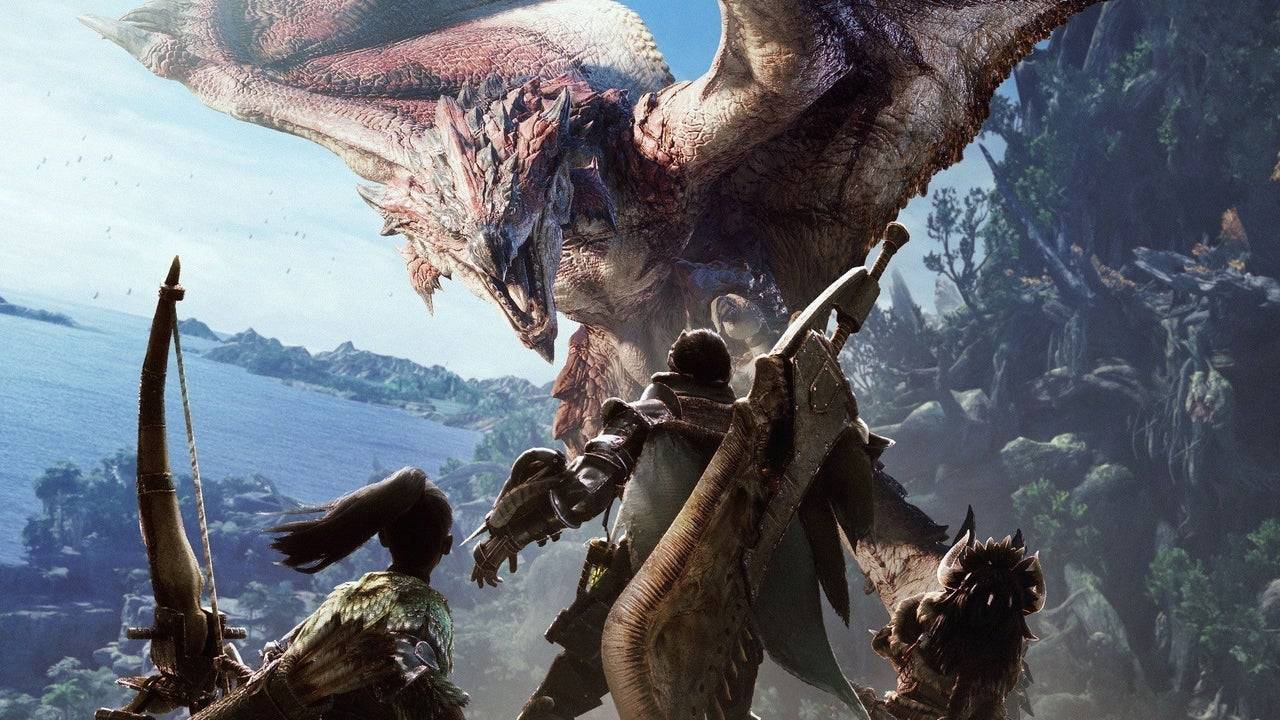
In 2016, Capcom underwent an internal reorganization to prepare for a new generation of games powered by the RE Engine, replacing the aging MT Framework. This shift was not just about technology but also about creating games with global appeal.
"The change of the engine and also all teams were given a very clear goal at that point to make games that reach the global market. [Games] that are fun for everyone," said Hideaki Itsuno, a former game director at Capcom known for his work on Devil May Cry.
Capcom had previously tried to appeal to Western audiences with action-heavy games like Resident Evil 4 and Umbrella Corps, but these efforts were unsuccessful. The new strategy focused on making games that resonated globally, without sacrificing the essence of each franchise.
Monster Hunter exemplified this approach. While popular in Japan, it struggled internationally until the release of Monster Hunter: World in 2018. This game was designed to appeal to a worldwide audience, with simultaneous global releases and no Japan-exclusive content. Focus tests and feedback from players around the world helped refine the game, leading to unprecedented success. Monster Hunter: World and its follow-up, Monster Hunter Rise, both sold over 20 million copies.
"At its heart, Monster Hunter really is an action game, and that sense of accomplishment you get from really mastering that action is an important aspect of Monster Hunter," explained Ryozo Tsujimoto, the series' executive producer. The team worked to make the game more accessible to new players while maintaining its core appeal, a strategy that continues with Monster Hunter Wilds.
Resident Evil 7 Began Turning Things Around
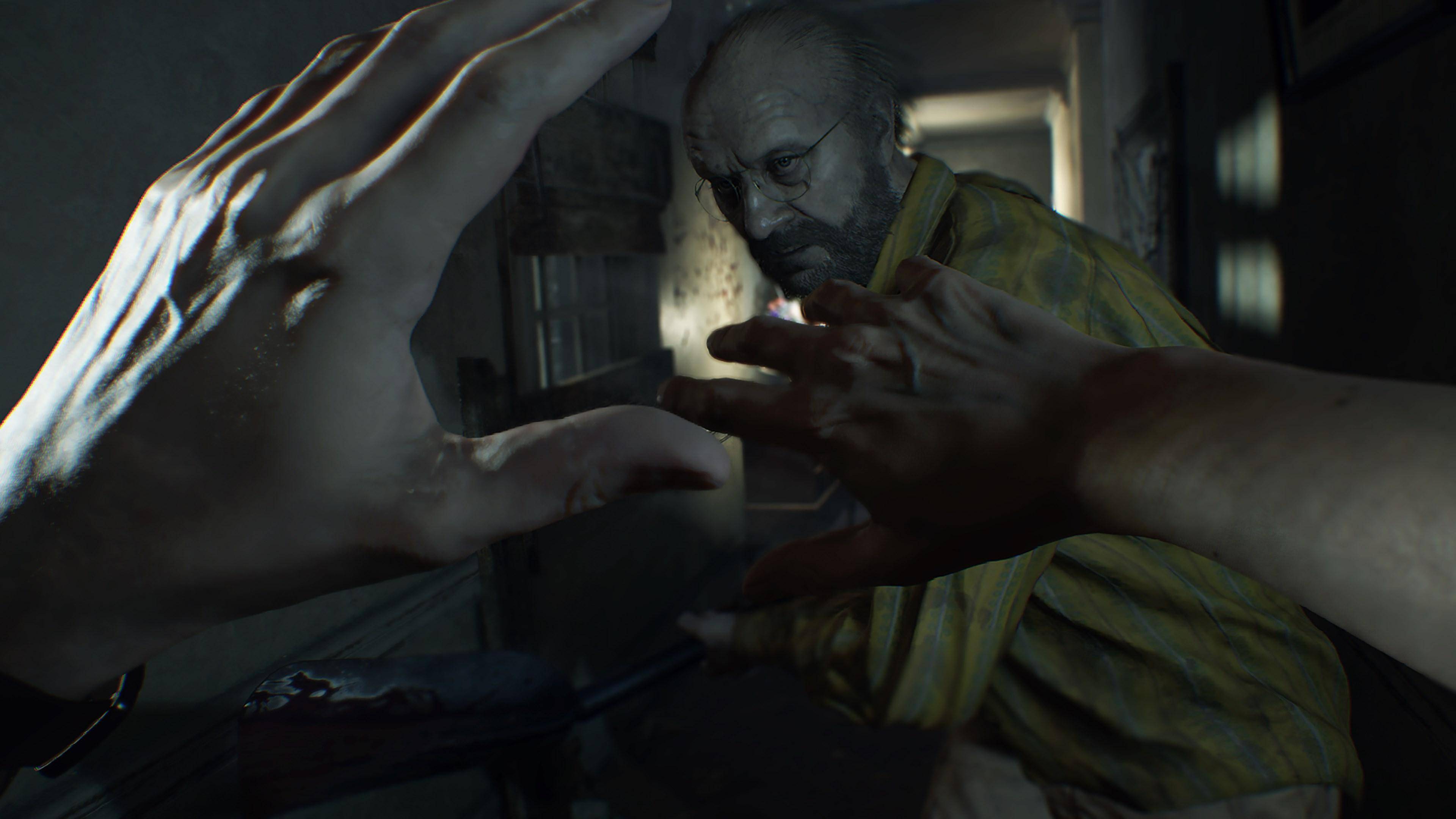
For Resident Evil, the challenge was deciding whether to focus on action or return to its survival horror roots. Jun Takeuchi, the executive producer of the series, made the decision to go back to the series' origins.
"It was around the time I was working on Resident Evil Revelations 1 and 2. I was trying to test different things, try different approaches," recalled Yasuhiro Ampo, director of Resident Evil 2 and 4 remakes. Takeuchi's directive to focus on survival horror led to the development of Resident Evil 7, which was announced at PlayStation's E3 2016 conference.
"We cannot underestimate how critical it is for the series for it to be scary," Ampo emphasized. Resident Evil 7 shifted to a first-person perspective, which helped reintroduce the series' signature horror elements. The game was a critical and commercial success, setting the stage for further revitalization of the franchise.
While Resident Evil 7 and 8 continued in first-person, Capcom also released third-person remakes, starting with Resident Evil 2. The demand for remakes was evident from fan projects, and Capcom delivered with the critically acclaimed Resident Evil 2 remake, which became the second best-selling game in the franchise's history.
There was initial hesitation about remaking Resident Evil 4, a beloved classic. "As you mentioned, [Resident Evil 4] was still a title that enjoyed some popularity. So there was a lot of internal discussion on how maybe it’s not a good idea," Ampo said. However, the team proceeded, and the Resident Evil 4 remake was another hit, fine-tuning the balance between action and horror to stay true to the series' survival horror roots.
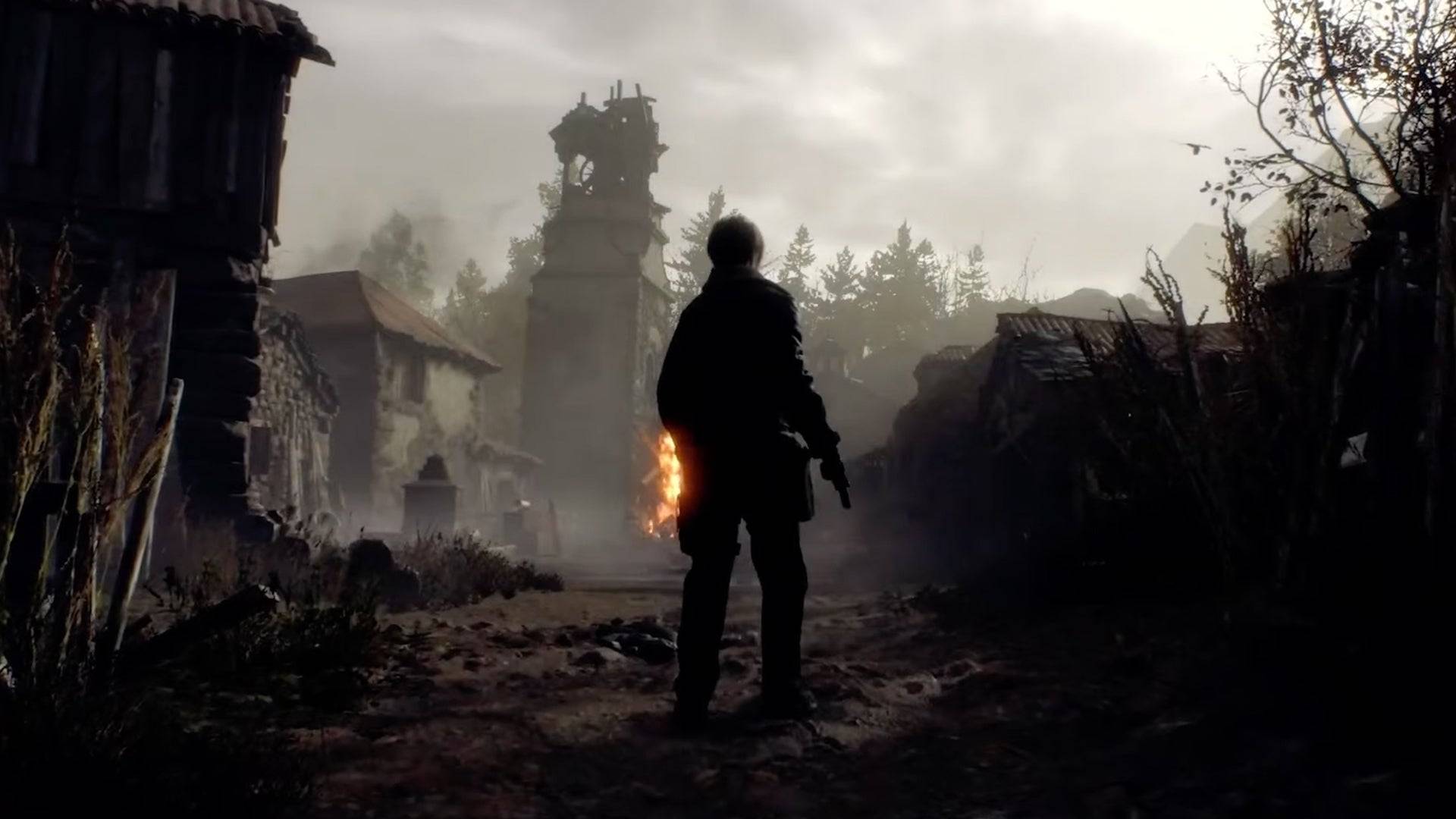
The Reason Behind The Change
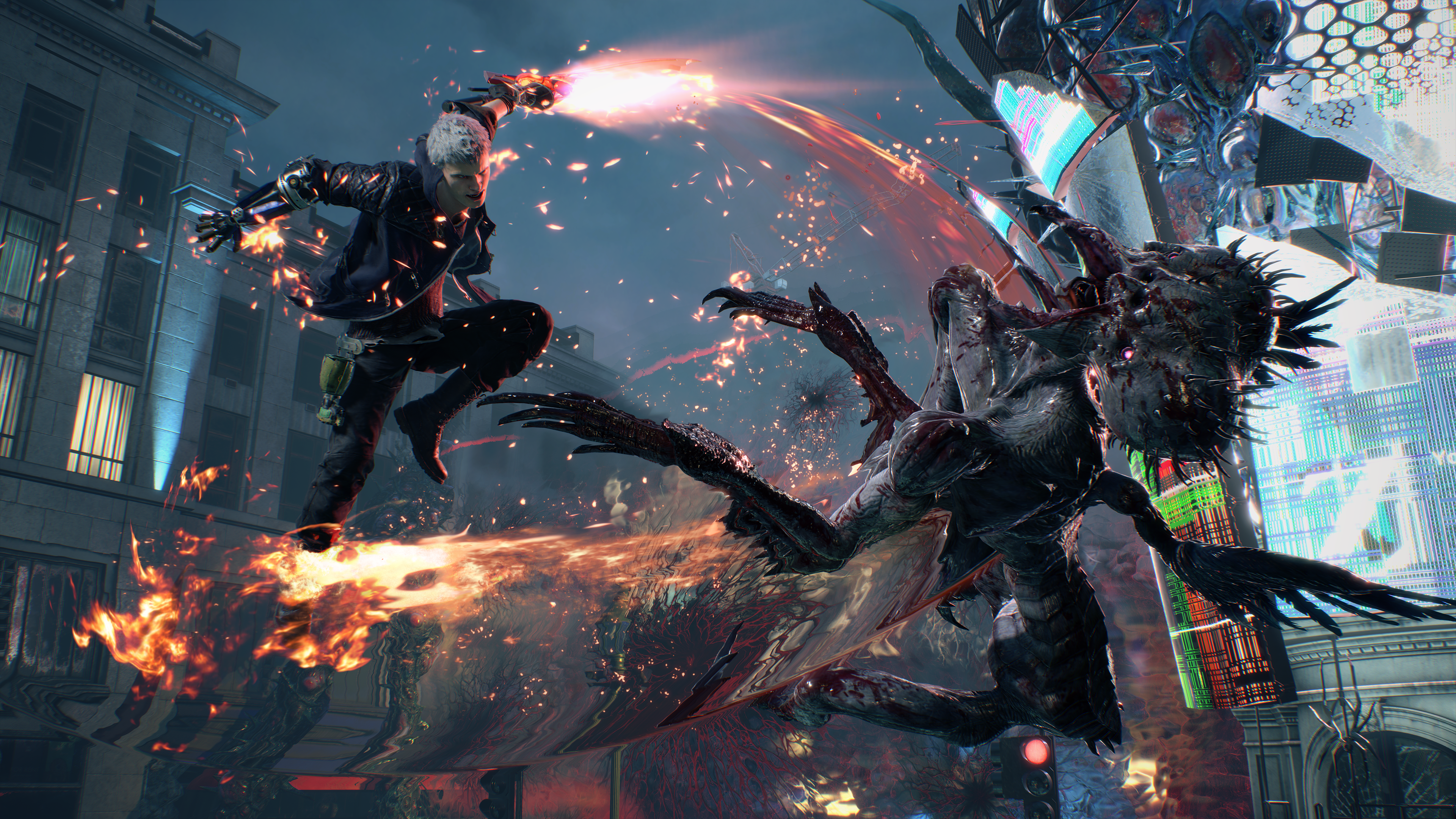
Hideaki Itsuno, director of Devil May Cry since the second game, took a break from the franchise to work on Dragon's Dogma. Upon returning, he aimed to reinvigorate the action genre with Devil May Cry 5. The introduction of the RE Engine played a crucial role in this vision.
"I felt like the main trend with action games was to make action games that were very kind. Maybe, for me, a little bit too kind to the players, lending a hand to the player too much to my liking," Itsuno said. The RE Engine's capabilities allowed for photorealistic assets and rapid development, enabling Itsuno to create a game that was both visually stunning and mechanically refined.
"Devil May Cry is a franchise that stands on being cool," Itsuno explained. "That’s what the franchise is, it’s about being cool. Ever since I took over the series from Devil May Cry 3, I put everything that I, as a person, I considered throughout my life to be cool."
A New Capcom Golden Age
Since 2017, Capcom has released a game of the year contender almost annually, a feat that sets it apart from other major studios. The company's focus on creating globally appealing games, powered by the advanced RE Engine, has led to unprecedented success across multiple genres.
"Capcom is going through a golden era, and, well, now we have to do everything we can so that this lasts one more year, one more year, and every year, one more year," said Monster Hunter's Tsujimoto. This golden age is marked by Capcom's ability to maintain the integrity of its franchises while expanding their appeal to a global audience.
As Capcom continues to thrive, its journey from near-failure to a new golden age serves as a testament to the power of innovation, strategic focus, and a deep understanding of what makes its games beloved by millions around the world.

